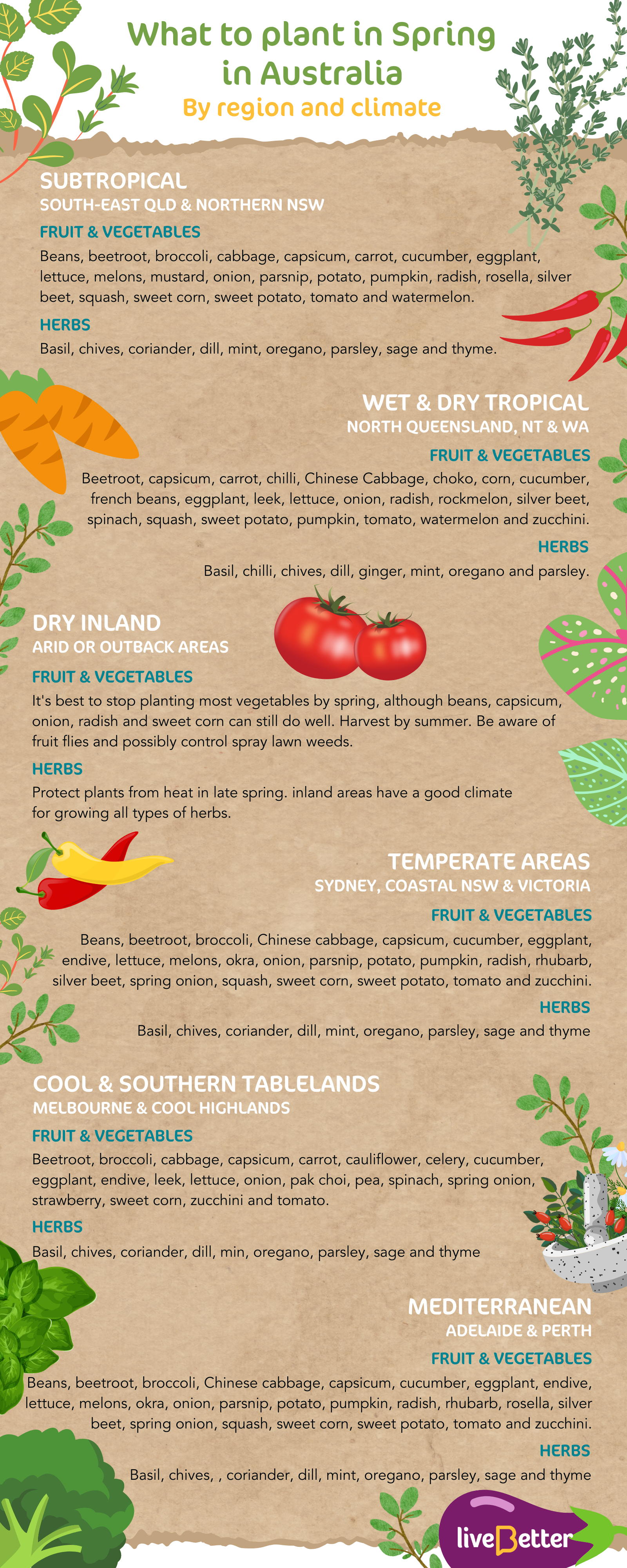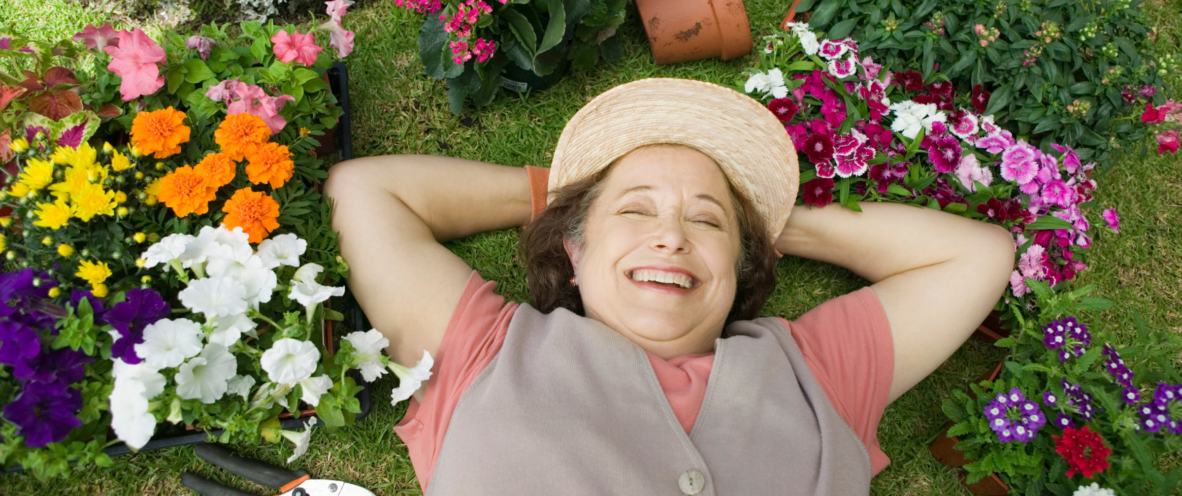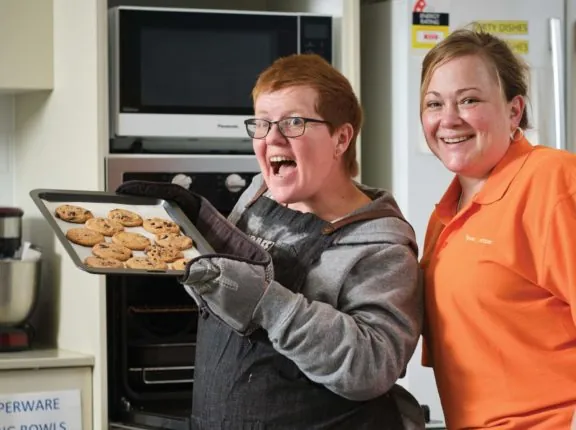Whether you have a sprawling backyard, a plot at the front, or some potted plants growing on a sunlit veranda, there are many benefits to cultivating your own garden.
Physical Fitness and Well-being
Gardening is a perfect way to engage in low-impact exercise, effectively improving physical health. Digging, planting, watering, and weeding are all activities that require movement and dexterity, enhancing your strength, flexibility, and mobility. Not only do these activities provide exercise for muscles, joints, and the cardiovascular system, but they also release endorphins, the body’s natural “feel-good” chemicals, contributing to stress reduction. An added benefit is the exposure to natural sunlight which encourages the body’s production of Vitamin D, which is essential for bone health – but remember, you still need to wear a sun hat!
Mental Stimulation and Cognitive Enhancement
Gardening is great for keeping the mind sharp and alert. The planning, problem-solving and decision-making required can stimulate cognitive function. Learning how to nurture a variety of plants can also enhance cognitive abilities. Gardening requires attention to detail and being present in the moment, fostering mindfulness and improving focus.
Stress Reduction and Emotional Well-being
Taking care of plants, listening to leaves rustling in the trees, and breathing in the earthy scent of soil conjure a sense of peace and tranquillity. Connecting with nature in this way has been shown to have calming and soothing effects on the mind, helping to alleviate stress Gardening requires you to focus on the task at hand. This mindfulness can in turn take your mind off your worries, and help you relax.
Creative Expression and Aesthetic
Designing, planning, and nurturing a garden encourages creative expression. Creativity is linked to improved mood and overall emotional health. The beauty of plants and the transformation of your surroundings can bring aesthetic enjoyment, enhancing your emotional state.
Social Connection and Community
Gardening can also be a great source of social connection. If you don’t have access to a garden of your own (or even if you do), why not join a community garden? There are several online community garden directories that can help you find your local community garden.
Community gardens create spaces for people to come together, interact, and connect with others who share a common interest in gardening. Joining a community garden can provide a wonderful sense of belonging and community – people from diverse backgrounds and age groups who come together to collaborate and support each other.
Growing Your Own Food
Of course, there are many benefits to growing your own food. Homegrown fruits and vegetables are fresher and more nutritious than store-bought ones, as they don’t have to travel long distances or undergo prolonged storage. You can control the use of fertilizers and pesticides and harvest healthier and chemical-free produce.
With supermarket prices and the overall cost of living in Australia at an all-time high, growing your own food is an area where you can make a difference to your budget. While it may require some initial investment, growing your own food can save you money in the long run. The cost of buying seeds or starter plants is often significantly lower than purchasing produce regularly from stores. Growing your own food also encourages food-sharing with like-minded gardener friends or neighbours.
Cultivating your own food is also kinder to our planet. By embracing home gardening, you can reduce your carbon footprint by eliminating the need for transporting fresh food long distances. You will reduce packaging waste and the use of fertilisers if you favour environmentally conscious practices instead.
What to Grow- The What, Where and When of Gardening
SO – Wondering what to grow in Spring? In Australia, with its diverse range of climates, the choice of what to grow in spring can vary depending on the specific region and climate zone. Remember that local climate conditions, microclimates, and soil types can all influence what grows best in your specific area. It’s a good idea to consult local gardening resources, nurseries, and experienced gardeners in your area to get the right advice. Why not start with a mix of plants suited to your climate, and experiment to see what works best for you in your garden?
To get you started though, we’ve created a cheat sheet…




